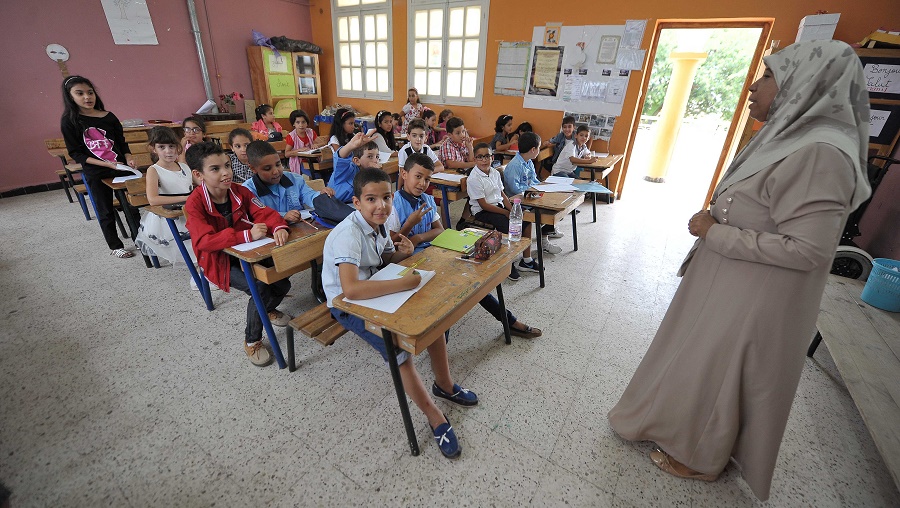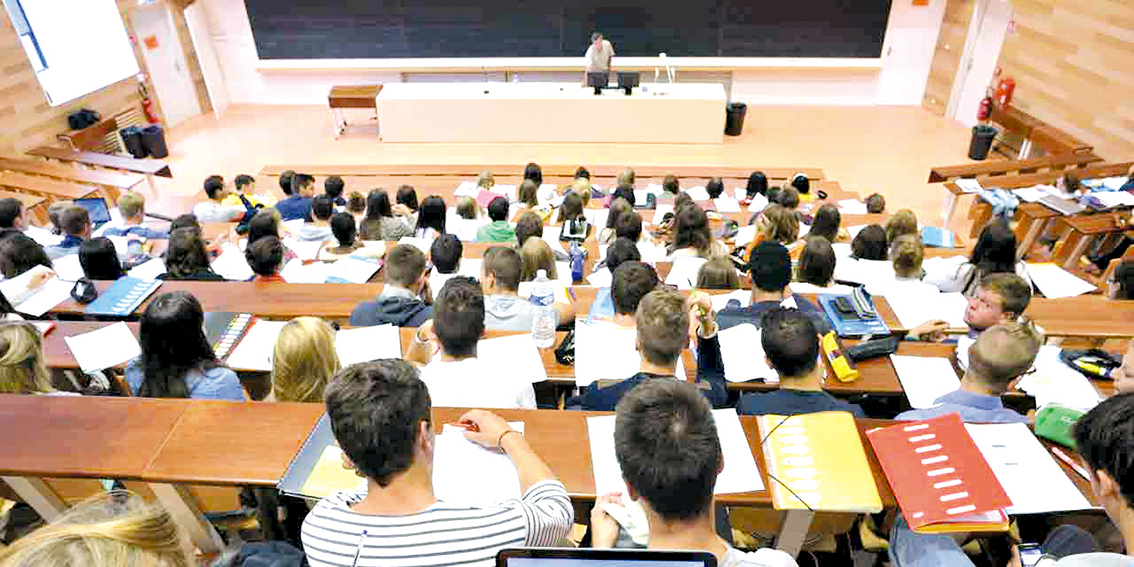Algeria: young people in the throes of development
Algeria, a young population in full development
With a population estimated at over 44 million, Algeria is one of the countries in North Africa with a bright future. Its great strength lies in its young, dedicated population, bubbling with ideas. According to the national statistics office, 37% of the Algerian population is aged under 15, and almost two-thirds are under 30.
This youthfulness, which in absolute terms represents a significant proportion of the population, is a great asset for Algeria's socio-economic development. This section outlines the importance of young people at the heart of the challenges facing Algerian society. We will also highlight the measures taken to enable them to meet the challenges of the new century.

Algerian youth: a lever for economic and human development
Young people are a lively and highly useful social category for Algerian society. They represent a major demographic force for the country and a class with high economic potential. Politicians have been quick to recognise this. That's why so many initiatives are aimed at young people. The aim is to equip them to meet the challenges of the future.
Indeed, in the wake of the many upheavals that society has undergone, it seemed important to give young people easier access to education and culture in general. It didn't take long for this option to bear fruit, as over the last few decades the country has become a world leader in terms of youth education.
Today, Algeria can pride itself on having young people capable of leading its economic transition towards a development model. Nevertheless, it should be remembered that this effective human capital is the result of a multitude of actions carried out jointly over several years.
Setting up a quality education system
Aware that its future depends on it, Algeria has been quick to review its education system. The aim is to contribute to the training of a human capital capable of adapting to the progress of modern times. Today, schooling is still a deeply rooted social value. In the eyes of young people, school has become a sacred institution, one that leads to social success.
This has made it possible to push back the frontiers of illiteracy, which in the 1960s was estimated at around 85%. The introduction of free and compulsory education has boosted the literacy rate. Classes are taught in Arabic for the first 9 years, with a gradual introduction of French from CE1.
Secondary education is divided into three streams: general, specialised and technical. It culminates in the Baccalauréat examination, which allows students to go on to university. Moreover, the Algerian education system is one of the best in the Maghreb, enabling the training of ambitious young people full of hope.
Implementing a policy to get girls into school

While school enrolment used to be higher for boys than for girls, the trend soon reversed. Following the example of other countries, the desire to guarantee inclusive education regardless of gender quickly became apparent in Algeria. The government quickly adopted a policy of mass enrolment of girls. Girls now outnumber boys, particularly in secondary education, but also in higher education.
Girls' enrolment in Algeria is now one of the highest in the Arab world. In addition to their massive presence, girls also perform better at school and have a more positive attitude towards school and learning. It is important to recognise that Algerian girls, who have been waging their revolution silently for almost 2 decades, are becoming more aware of the issue.
As a result, boys and girls have equal opportunities in Algerian society, which is a guarantee of sustainable development.
Increasing the number of schools and universities

Another initiative that has contributed decisively to the training of young people capable of driving the country's economic development is, of course, the increase in the number of training centres. This has earned it a place in the top 10 countries with substantial educational infrastructure. Indeed, to cope with the ever-increasing school enrolment rate, the country has built a large number of schools and universities.
Their numbers have literally increased in recent years, in every region of the country. As a result, large numbers of young children and students in search of training can now attend these brand new buildings free of charge. Moreover, the quality of these facilities remains an undeniable factor in keeping children in school in Algerian society.
In short, Algeria's young people are an important asset for the country's development. Taking an active part in the population, they are resolutely focused on progress. It is fair to say that Algeria's young people represent an asset that will undoubtedly lead the country towards a radiant future.
